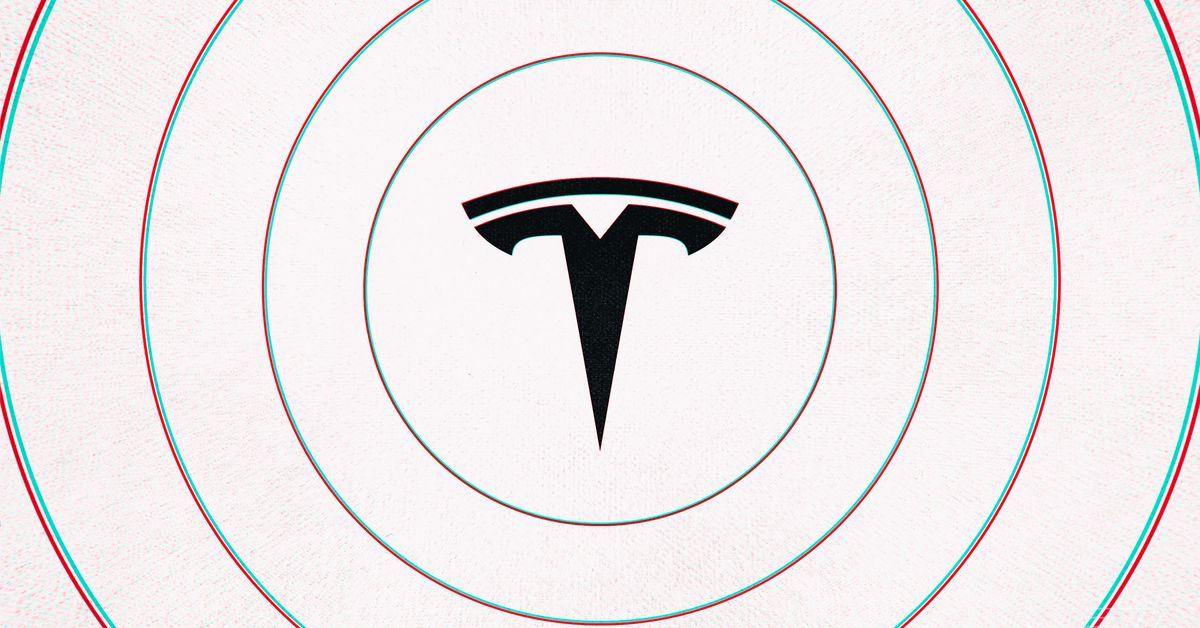The California Department of Motor Vehicles is “revisiting” its opinion to not regulate Tesla’s Full Self-Driving (FSD) beta software. The news comes after numerous safety advocates and regulators have expressed concern about the company’s willingness to allow its customers to test its Level 2 driving feature in public. (The news was first reported by the Los Angeles Times.)
The state’s DMV oversees the largest autonomous vehicle testing program in the country, with over 60 companies permitted to operate test vehicles on public roads. Only a handful are approved to operate fully autonomous vehicles without safety drivers at the wheel, and even fewer have been approved to deploy vehicles for commercial purposes.
Unlike other companies doing autonomous vehicle testing in the state, Tesla is using its own customers, rather than trained safety drivers, to monitor the technology. Tesla owners have to pay $12,000 for the FSD option, up from $10,000 as of last month. Tesla does have 32 vehicles registered with the DMV, but it routinely reports few or no miles driven in autonomous mode.
The DMV has stated in the past that Tesla’s FSD doesn’t fall under its autonomous vehicle testing program because it still requires a human driver to monitor the vehicle. But in a letter sent to State Senator Lena Gonzalez, the agency now says it is “revisiting” that decision. (Gonzalez is not to be confused with Lorena Gonzelez, a member of the California State Assembly, who once tweeted, “F*ck Elon Musk.”)
In the letter, DMV director Steve Gordon said the agency previously concluded that FSD beta “fell outside the scope of DMV autonomous vehicles regulations” but that it recently informed Tesla that it would be revisiting that decision “following recent software updates, videos showing a dangerous use of that technology, open investigations by the National Highway Traffic Safety Administration (NHTSA), and the opinions of other experts in this space.” (NHTSA is currently investigating incidents involving Tesla cars operating with Autopilot that have crashed into parked emergency vehicles.)
“If the capabilities of the feature meet the definition of an autonomous vehicle per California’s law and regulations, DMV will take steps to make certain that Tesla operates under the appropriate autonomous vehicle permits,” Gordon writes.
Gordon goes on to note that the DMV conducted several demonstrations of FSD beta and, after consulting with experts at UC Berkeley, concluded that it was a Level 2 system. During a November 2020 demo, the DMV found that “[t]he vehicle could not safely complete the entire task of driving on its own.”
Gordon also cites a letter from Tesla, in which the company laid out a list of “limitations… including not being able to recognize or respond to ‘static objects, road debris, emergency vehicles, construction zones, large uncontrolled intersections, adverse weather, complicated vehicles in the driving path, and unmapped roads.’”
The DMV is also “reviewing” Tesla’s use of the term “Full Self-Driving” in its branding, which has been criticized by experts and government officials as misleading to customers.
Depending on where the DMV lands, Tesla could find itself subject to a whole bunch of new regulatory headaches. Companies that test autonomous vehicles in California are required to report any vehicle crashes, no matter how minor, in addition to the frequency at which human drivers were forced to take control of their autonomous vehicles (called a “disengagement”).
A spokesperson for Senator Gonzalez said she was still reviewing the letter. A spokesperson for the DMV did not immediately respond to a request for comment, nor did a spokesperson for Tesla, which disbanded its press department in 2019.
